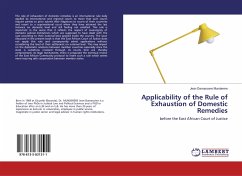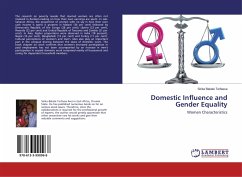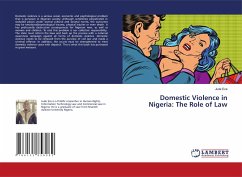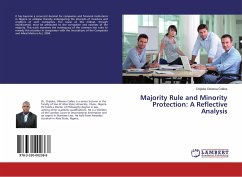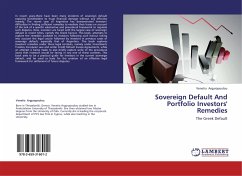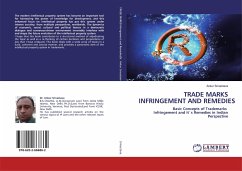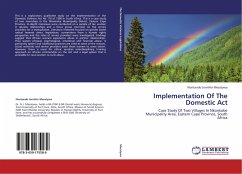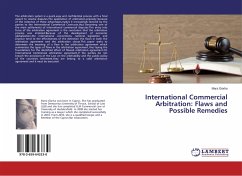The rule of exhaustion of domestic remedies is an international rule daily applied by international and regional courts to mean that such courts require parties to prior submit their litigations to courts of their countries and resort to a supranational court when they have attained the last instance on domestic level and still feeling not satisfied. This rule is important in the sense that it reflects the respect of sovereignty of domestic judicial institutions which are supposed to have dealt with the case according to their national laws applied inside the country. The issue discussed in the present book is that the East African Court of Justice does not apply this rule and consequently admit applications without considering the level of their settlement on national level. This may impact on the diplomatic relations between member countries especially since the state is somehow involved through its courts that are thereby compromised. As legal mechanisms, there is proposed theeventual review of the East African Community protocol to insert such a rule which seems more insuring safe cooperation between member states.

